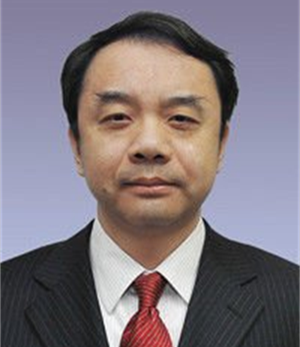Wang Yifang
Wang Yifang is an experimental high-energy physicist, an academician of the Chinese Academy of Sciences (CAS), a fellow of the World Academy of Sciences, a foreign academician of the Russian Academy of Science, a researcher and doctoral mentor of the Institute of High Energy Physics (IHEP), CAS, and dean of the School of Nuclear Science and Technology at the University of the Chinese Academy of Sciences.
In 1984, Wang graduated from Nanjing University and participated in the L3 experiment led by physical scientist Samuel Chao Chung Ting in CERN (European Organization for Nuclear Research) in Geneva, Switzerland for the study of high-energy particles. In 1992, he served as a researcher of the nuclear physics laboratory of the Massachusetts institute of Technology. In 1996, he was an assistant researcher of the department of physics of Stanford University. In 2000, he was selected into the 100 Talents Program of the CAS. In 2002, he was financed by the National Science Fund for Distinguished Young Scholars, and in 2012, the experiment carried out by Wang and his team regarding a new neutrino oscillation mode was selected into the top 10 scientific advances in 2012 by Science. In 2013, he was selected into the National "Ten Thousand Talents Program", and in 2015 he won the Breakthrough Prize of fundamental physics, becoming the first Chinese scientist to win the prize. In 2019, he won the Physical Science Prize of the Future Science Prizes.
Wang has been engaging in experimental research in high-energy physics. He was the main proposer of the Daya Bay experiment and led its design, construction and research and he proposed and led the Jiangmen neutrino experiment. In terms of positive-positron collisions, he led the design and construction of key equipment used in the Beijing electron positron collider.













